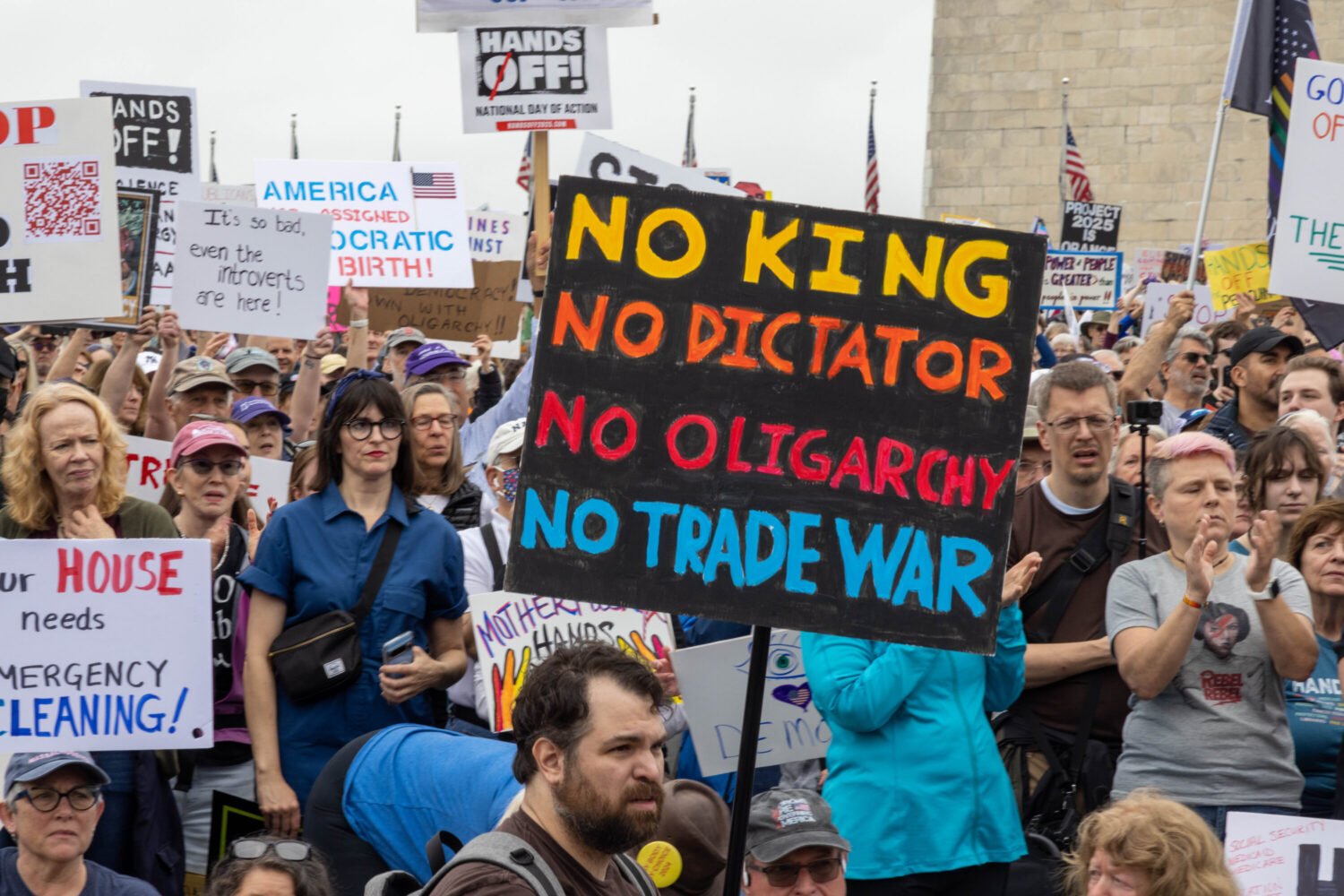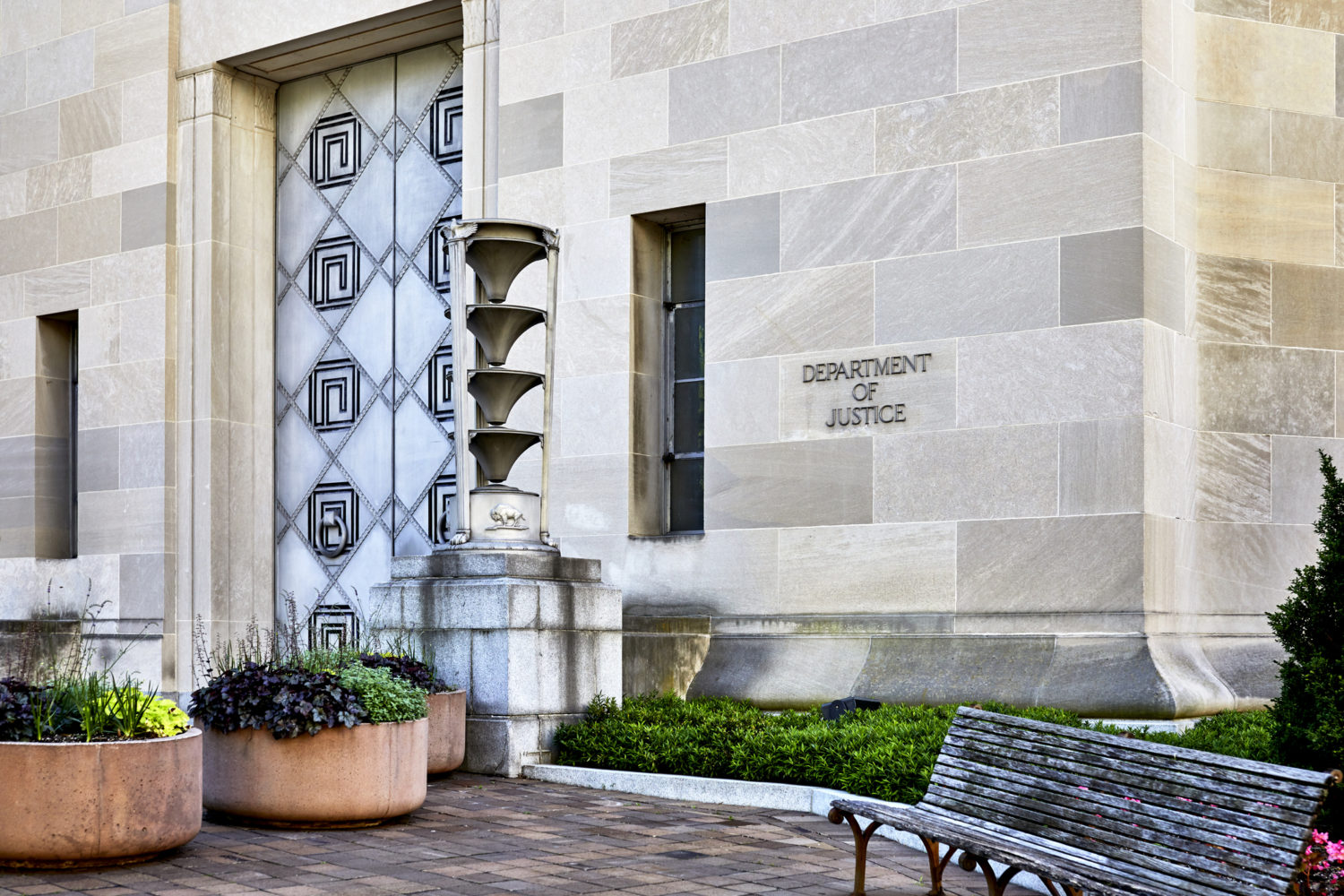Ben Wittes, editor-in-chief of the essential national security blog Lawfare, has a fascinating and newsworthy interview with Brigadier General Mark Martins, who is prosecuting five of the 9/11 plotters, including Khalid Sheik Mohammed. This interview, part of Lawfare’s podcast series, will be of interest to those closely following the legal proceedings, as well as to anyone who finds the whole military commissions process mystifying and wants to know more about how it works on a practical level.
Martins’ breaking news, which he discusses in detail, is that he’s going to recommend dropping the charge of conspiracy against Mohammed and his co-defendants. Martins has concluded that in light of a previous court ruling in another terrorism case, the military commission doesn’t have jurisdiction over conspiracy. Martins didn’t want to create any obstacles to a successful prosecution, so he’s taking this one charge off the table.
So how does that affect the most high-profile 9/11 case to date? Martins says that the remaining charges include attacking civilians, murder of 2,976 people, hijacking civilian aircraft, and terrorism. Each of those carries a maximum penalty of the death penalty. These are grave, serious charges, so the chances of the accused receiving less punishment or even escaping prosecution appear to be zero.
“We have a clear path to sustainable charges, ” Martins said.
As Wittes writes, the discusion with Martins, who was precluded from talking about certain aspects of the case, “sheds a lot of new light on the prosecutor’s thinking after Hamdan II,” which was the case the led Martins to recommend dropping the conspiracy charge.
Now, even if you aren’t paying close attention to these proceedings, the podcast gives you an opportunity to get up to speed on the fundamentals of the military commission process, and how it’s different than the criminal justice system. I think Martins did a good job of clearly describing his authorities in lay terms, as well as mapping out how he works with other parts of the government that have a stake in the outcomes of this case–particularly the Justice Department. (Martins also addresses reported tensions between his office and DOJ over how to prosecute terrorism detainees. For more on that, read Charlie Savage’s reporting in the New York Times.)
You can listen to the full Lawfare interview with Martins at the blog. And you can also download it, and all previous podcasts, at iTunes, Instacast (my preference), etc.









